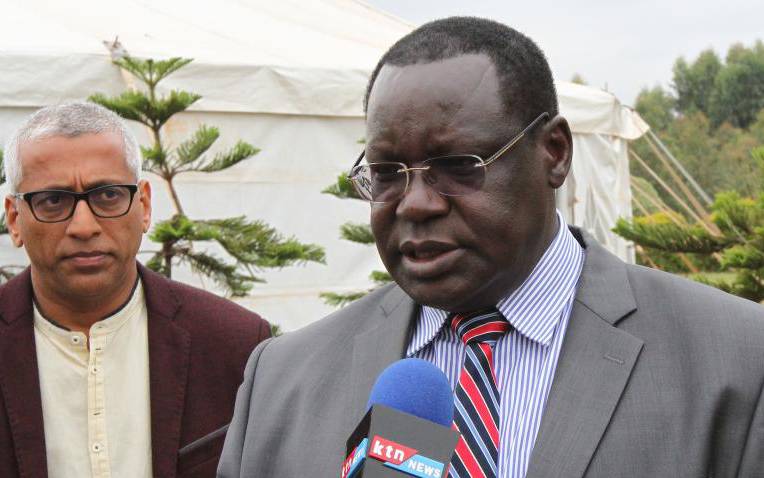×
The Standard e-Paper
Fearless, Trusted News

Deputy Governor Kiambu County James Nyoro: Nyoro and Waititu are locked in a power tussle at the county. [Jonah Onyango, Standard]
A few years ago, Tegemeo Institute, hosted by the agriculture-aligned Egerton University, almost become a household name.